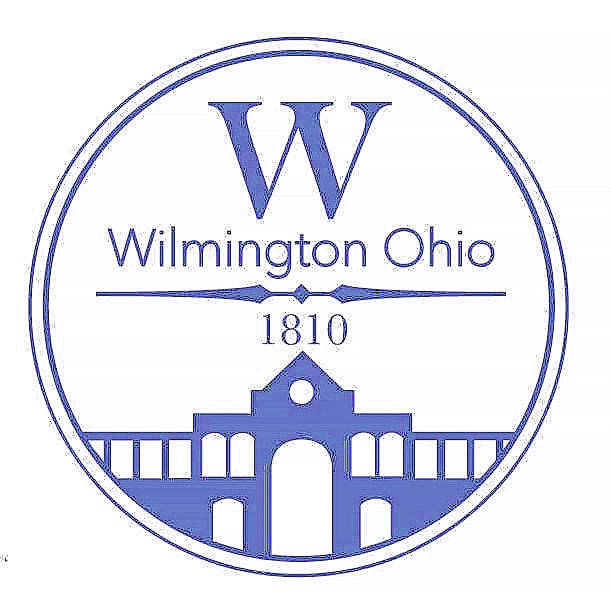
WILMINGTON — Wilmington City Council is considering legislation that will help protect residents and ensure compliance with Ohio Environmental Protection Agency (EPA) rules.
The proposed ordinance establishes new procedures for residents replacing water service lines leading to their properties in certain situations, according to a press release from Wilmington Safety/Service Director Brian Shidaker.
An estimated 1,000 or more properties within the city have at least some lead piping between the water main at the street and the house or other structure. Water Department personnel calculate this estimate based upon the age of the buildings along with field observation.
City officials are developing a list of known properties with suspected lead service lines, but the actual number remains indeterminate.
The Wilmington Water Plant’s treatment process adequately protects customers from lead in service lines. EPA-required testing over many years has confirmed that Wilmington’s water is stable – meaning it is not corrosive or excessively depositing. Stability prevents lead from leaching into the water. Once a lead line is disturbed through work being performed on or near the line, however, there is a possibility that lead may be released into the water.
Lead is especially hazardous to children under the age of 6. The city is developing a lead information page on its website, which will be available to the public in the near future. Included will be techniques on how to determine if you have lead pipes. Additional information on lead is available from the Ohio EPA at http://epa.ohio.gov/pic/lead.
New EPA rules requiring water systems to accommodate the replacement of lead service lines when they are discovered during the course of normal water system work go into effect Oct. 1. As is the case with most cities, Wilmington ordinances specify that the property owner is solely responsible for the water service line between the shut-off valve near the street and the building. The city is responsible for the portion of the line between the water main and the shut-off valve, including the valve itself.
Service line piping may be made of copper, plastic, lead or steel. The use of lead pipe was discontinued by the 1940s. Steel pipe, which is extremely susceptible to corrosion, has been prohibited from being installed in the city since at least 1964. In some cases, differing material may have been installed on each side of the shut-off valve.
The legislation being reviewed at Thursday’s City Council meeting will require property owners to replace their lead and steel service lines when other water line work is being done at or near their property. The city will replace all lead lines discovered between the main and the valve.
Situations where lead is discovered on the city’s portion of the service line and steel on the property owner’s side are particularly troublesome. If steel would be permitted to remain after removal of the lead section, the result would be a release of lead into the drinking water that lasts several months. This is due to the corrosion found in steel water lines.
“In addition to mitigating the lead hazard, replacing the steel lines will also deliver much better water flow and pressure to the customer,” said Water Superintendent Rick Schaffer.
Lead service lines are most often discovered when working on leaks on the main or the service line. These are emergency-type situations that cannot be predicted.
According to the proposed legislation, property owners will have the option of having the city replace the faulty line or hiring a contractor to do the work. If the city replaces the line, there will be a charge of $1,500. This is the same fee as charged by Greater Cincinnati Water Works for similar services.
The property owner will have 30 days to pay the fee; however, a payment plan will be offered to those who qualify. In the event a property owner defaults on an agreed plan, the invoice will be certified to the County Auditor and assessed to the real property tax for collection over a five-year period.
“We feel this proactive approach to replacing lead or steel service lines is the best way to protect water quality for our residents. Reducing the risk of lead exposure, no matter how small, is vital to the preservation of public health. This approach requires customers to replace lines only in situations where lead could potentially be a legitimate hazard,” said Safety/Service Director Brian A. Shidaker.
Questions regarding the project may be made to the Office of the Director of Public Service at 937-382-6509 or The Water Department at 937-382-3614.


